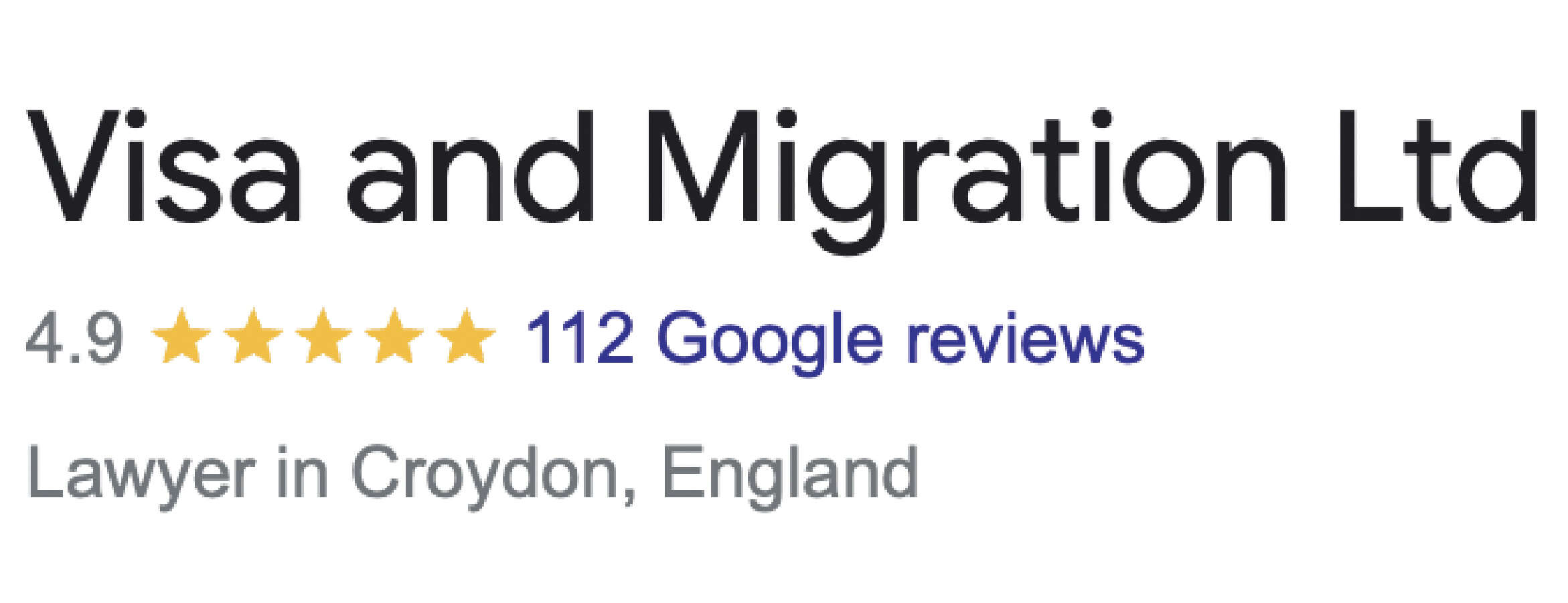
When you make a UK visa application the Home Office may approve or refuse your application. The UK’s Home Office sends you its decision letter in which you are told whether your immigration application has been approved or declined. If your application is approved you can move towards acquiring immigration status you applied for. But what if your application is declined? The UK government may decline your immigration application for various reasons. The reasons for declining your application will be mentioned in the letter.
However, this isn’t the end of the process. Most times, you may appeal the ruling, giving you the chance to claim successful immigration to the UK. Whether you have the right to appeal the ruling will be outlined in the decision letter or email sent by the Home Office. You should read the decision letter carefully before you decide to appeal the decision.
In this article, we break down the immigration appeals process and what happens after a successful appeal.
The UK immigration appeal process is heard by a single judge or more in various locations across the UK. Juries aren’t required in immigration appeals tribunals because judges are legally qualified to decide. Other members of the tribunal (non-lawyers) may hear some appeals. If the Border Agency have refused your application, a letter known as a ‘notice of decision’ will be sent informing you of the result. The notice also contains information on your right of appeal. There are full rights of appeal for certain types of UK visas if your application is refused. The most common types include:
If you have a right of appeal, the UKBA will give you an IAFT-2 appeal form to complete, giving notice of your decision. We can support you with completing this form correctly.
Immigration appeal hearings take place once an application has been made and then refused. This is because of a prior:
Not every visa refusal can be appealed. You can only appeal if you have the legal right to it that will be outlined in the refusal letter or email sent to you by the Home office. You can appeal to the First-tier Tribunal (Immigration and Asylum Chamber) on the basis of your human rights if the Home Office has decided to:
You must appeal within 14 days of visa refusal decision was sent if you are appealing from inside the UK. You must appeal within 28 days after you get your decision. If you have to leave the UK before you’re allowed to appeal, you have 28 days to appeal once you’ve left the country.
If you appeal after the deadline you must explain the reason behind it. It is up to the tribunal whether to hear your appeal in this case.
There are two types of hearing for UK immigration appeals: the Case Management Review (CMR) hearing and the full hearing. CMRs are held with country asylum appeals and cannot be adjourned. If you don’t have your own representative, it’s vital that you attend the CMR because a judge could determine your case without a full hearing, if you do not attend. Do you require an interpreter during the proceedings? You must inform the tribunal in advance so they can arrange it - legal representatives can arrange this for you.
It’s recommended that you get to your appeal hearing at least 20-30 minutes before your scheduled case. Various cases will be heard during the day so there’s a chance you may have to wait a little longer before going in. When you enter, you’ll find the judge(s) sitting at the front of the room at a desk or table with others at tables in front of them. The representative from the Home Office typically sits at one side of the room while you and your legal representative will sit at the other side. If you have an interpreter, they will sit next to you. Witnesses will be called into the room to give evidence when required but they cannot remain in court without permission from the judge. These hearings are public, meaning you may see members of the public or journalists present in the room. Once the evidence has been presented to the judge for appealing the original decision, you will be informed of the outcome of your case in writing within two weeks of the appeal hearing. You will not hear a decision on the day.
If your appeal is successful, the judge will send their determination to the relevant visa section who will then contact you. Determinations can take up to 4 weeks to reach the visa section and a further 8 weeks for the ruling to be processed. The visa section will then write to you based on the contact details you provided on the appeal form. You must not contact the visa section until 12 weeks after the data you or your representative received the judge’s decision. This date will be included on the written determination. If your appeal is unsuccessful, there isn’t a general right of appeal, however the appellant or the Home Office could apply for a judicial review. This case is heard if the judge has got the law wrong. Such an application must be made within 5 days of receiving the decision. You must seek advice from a lawyer before deciding to take this option.
Recent figures show that over 50% of appeals to the immigration tribunal are now successful. Most of these cases decisions have been brought to court by the Home Office who have appealed successful applications. According to The Guardian, 75% of Home Office appeals have been thrown out. From April 2017 to March 2018, 11,974 appeal cases were determined in court, while 4,332 Home Office decisions being overturned. If you’re looking for professional assistance with your immigration appeal, contact us today.
...



